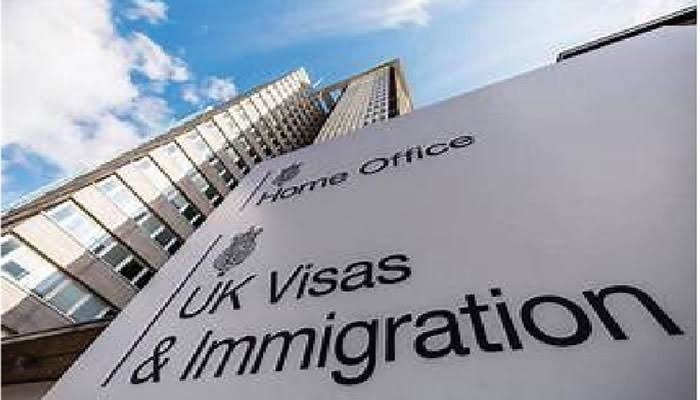In a sweeping overhaul of its immigration policy, the United Kingdom has introduced dramatic reforms that will directly affect international students and migrant workers, including a significant number of Nigerians. The new measures, detailed in an 82-page White Paper titled “Restoring Control over the Immigration System”, signal the most radical reset of Britain’s immigration system in a generation.
End of Social Care Recruitment from Overseas
Effective immediately, the UK has banned new overseas applications for social care roles—a category that has seen a high influx of Nigerian and other international workers in recent years. The Home Office stated that the health and social care visa route had been “exploited and overused,” arguing that the system undermines public confidence and hinders sustainable workforce development.
“Skilled must mean skilled,” the White Paper declares, with a new definition of skilled work that excludes many previously accepted roles. Existing social care workers already in the UK can extend or switch their visas only until 2028. After that, domestic recruitment strategies are expected to replace reliance on foreign labour.
The UK government has also abolished the Immigration Salary List, which had allowed employers to pay foreign workers below standard salary thresholds. Employers must now prove efforts to recruit domestically before turning to migrant labour. Home Secretary Yvette Cooper described the changes as a “bold, necessary reset” intended to restore trust and integrity to the system.
Graduate Visa Duration Reduced for International Students
Another major policy shift targets international students: the popular post-study Graduate Visa, which previously allowed students to remain in the UK for two years after graduation, will now be reduced to just 18 months. This move is intended to prevent what the UK government calls the “backdoor” use of student visas for unsponsored employment.
In addition, the standard qualifying period for foreign nationals to apply for Indefinite Leave to Remain (ILR) has doubled—from five to ten years. Universities must now meet tougher compliance standards and may face penalties, including suspension of their sponsorship license, if they fail to demonstrate high post-study employment outcomes or are found guilty of misleading recruitment practices.
The reforms also raise requirements across the board. Skilled worker visas will now require a university degree, and the immigration skills charge paid by sponsoring employers is being increased by 32%.
Implications for Nigerians
For Nigerian students and aspiring migrants, these reforms present a stark change in the UK migration landscape:
1. Reduced Post-Study Opportunities: Nigerian students, who make up a large proportion of the UK’s international student population, will now have only 18 months after graduation to find a qualifying job or leave the country. This shortens the window for job hunting and obtaining visa sponsorship in a competitive market.
2. Higher Bar for Skilled Migration: The redefinition of “skilled work” means that Nigerians seeking to migrate under previously accepted roles—particularly in health and social care—will now face higher hurdles, including salary thresholds, educational qualifications, and job market tests.
3. Longer Settlement Pathways: The doubling of the ILR qualifying period from five to ten years significantly extends the timeline for Nigerians who aspire to settle permanently in the UK, raising both financial and emotional costs.
4. Impact on Nigerian Universities and Agents: Institutions and recruitment agencies working to place Nigerian students in the UK may face increased scrutiny, and their credibility could be affected if their graduates fail to transition into skilled employment within the UK.
5. Potential Decline in UK Migration Interest: As routes narrow and conditions tighten, the UK may lose its appeal as a destination for Nigerian youth seeking study-to-work migration pathways, potentially redirecting demand toward other countries with more flexible post-study work options.
UK Government Response
The British High Commission in Nigeria acknowledged the impact of the reforms and promised ongoing engagement with Nigerian authorities. “We value the contribution Nigerians make to the UK,” a spokesperson said, adding that changes will be phased and discussed with relevant partners as implementation details emerge.
Summary Analysis:
These reforms reflect a decisive shift by the UK government toward domestic workforce development and tighter immigration control. While aimed at reducing net migration and protecting UK wages, the changes create new barriers for Nigerian students and migrants, who have been among the most active users of the UK’s migration and education routes.
For Nigerians considering the UK for education or employment, strategic planning, better academic and professional preparation, and exploration of alternative destinations may become increasingly necessary.
